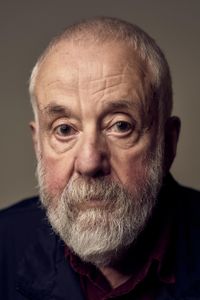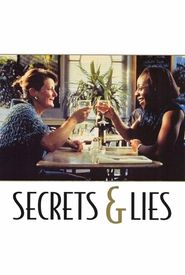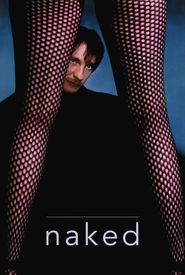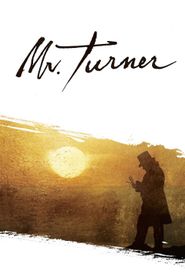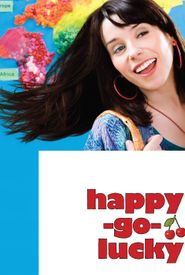Mike Leigh is a renowned English film and theatre director, screenwriter, and playwright. He studied at the Royal Academy of Dramatic Art (RADA) and further at the Camberwell School of Art, the Central School of Art and Design, and the London School of Film Technique. Leigh began his career as a theatre director and playwright in the mid-1960s, before transitioning to making televised plays and films for BBC Television in the 1970s and '80s.
Leigh is known for his lengthy rehearsal and improvisation techniques with actors to build characters and narrative for his films. His purpose is to capture reality and present "emotional, subjective, intuitive, instinctive, vulnerable films." His films and stage plays, according to critic Michael Coveney, "comprise a distinctive, homogenous body of work which stands comparison with anyone's in the British theatre and cinema over the same period."
Leigh's most notable works include the black comedy-drama Naked (1993),for which he won the Best Director Award at Cannes, the Oscar-nominated, BAFTA- and Palme d'Or-winning drama Secrets & Lies (1996),the Golden Lion-winning working-class drama Vera Drake (2004),and the Palme d'Or-nominated biopic Mr. Turner (2014). Other well-known films include the comedy-dramas Life Is Sweet (1990),Meantime (1983),and Career Girls (1997),the Gilbert and Sullivan biographical film Topsy-Turvy (1999),and the bleak working-class drama All or Nothing (2002).
Leigh has helped to create stars, including Liz Smith in Hard Labour, Alison Steadman in Abigail's Party, Brenda Blethyn in Grown-Ups, Antony Sher in Goose-Pimples, Gary Oldman and Tim Roth in Meantime, Jane Horrocks in Life is Sweet, and David Thewlis in Naked. His stage plays include Smelling A Rat, It's A Great Big Shame, Greek Tragedy, Goose-Pimples, Ecstasy, and Abigail's Party.
Leigh was born to Phyllis Pauline (née Cousin) and Alfred Abraham Leigh, a doctor, at Brocket Hall in Welwyn Garden City, Hertfordshire. His mother, in her confinement, went to stay with her parents in Hertfordshire for comfort and support while her husband was serving as a captain in the Royal Army Medical Corps. Leigh was brought up in the Broughton area of Salford, Lancashire, and attended North Grecian Street Junior School.
Leigh's father was deeply opposed to the idea that Leigh might become an artist or an actor. He forbade him his frequent habit of sketching visitors who came to the house and regarded him as a problem child because of his creative interests. In 1960, "to his utter astonishment", he won a scholarship to RADA. Initially trained as an actor at RADA, Leigh started to hone his directing skills at East 15 Acting School, where he met the actress Alison Steadman.
Leigh responded negatively to RADA's agenda, found himself being taught how to "laugh, cry and snog" for weekly rep purposes, and so became a sullen student. He later attended Camberwell School of Arts and Crafts, the Central School of Art and Design, and the London School of Film Technique.
When he had arrived in London, one of the first films he had seen was Shadows (1959),an improvised film by John Cassavetes, in which a cast of unknowns was observed 'living, loving and bickering' on the streets of New York. Leigh had "felt it might be possible to create complete plays from scratch with a group of actors." Other influences from this time included Harold Pinter's The Caretaker, Samuel Beckett, whose novels he read avidly, and the writing of Flann O'Brien, whose "tragi-comedy" Leigh found particularly appealing.
Influential and important productions he saw in this period included Beckett's Endgame, Peter Brook's King Lear, and in 1965 Peter Weiss's Marat/Sade, a production developed through improvisations, the actors having based their characterisations on people they had visited in a mental hospital. The visual worlds of Ronald Searle, George Grosz, Picasso, and William Hogarth exerted another kind of influence.
Leigh has been described as "a gifted cartoonist... a northerner who came south, slightly chippy, fiercely proud (and critical) of his roots and Jewish background; and he is a child of the 1960s and of the explosion of interest in the European cinema and the possibilities of television."
Leigh has cited Jean Renoir and Satyajit Ray among his favourite film makers. In addition to those two, in an interview recorded at the National Film Theatre at the BFI on 17 March 1991
